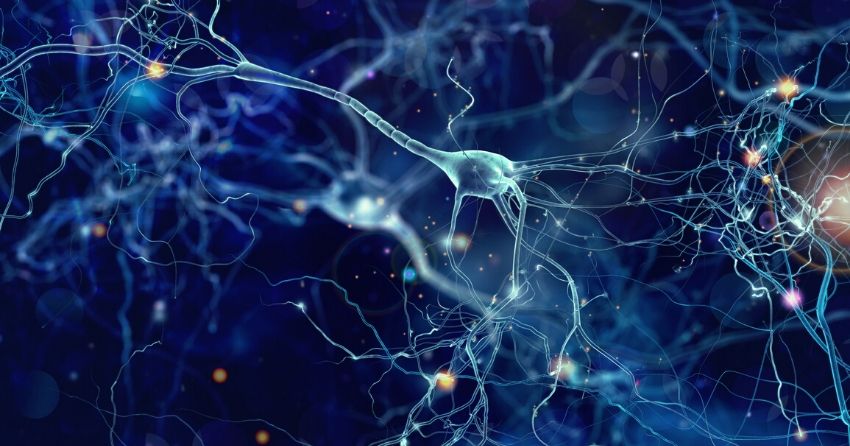Restoring Myelin-Making Cells May Help With Age-Related Memory Loss

-
Oligodendrocytes are cells that make myelin (the protein that covers and protects neurons) and are required for long-term memory.
-
With age, oligodendrocyte production is reduced; studies in mice show that restoring the production prevents memory loss.
The following was posted by Reason on FightAging.org:
A number of the aspects of cognitive decline are connected to loss of stem cell activity with age, and thus reduced numbers of new somatic cells created to carry out functions in the brain. This is certainly the case for memory, but most such research is focused on neurogenesis, the process by which new neurons are created and integrated into neural circuits. Researchers here point to a different contributing population and mechanism, a reduced creation of oligodendrocytes and thus a reduced supply of myelin, the protein that sheaths nerves and is essential for their function. It is well known that myelin sheathing deteriorates with age, and this lack of oligodendrocyte cells may be an important proximate cause of that deterioration.
This article was posted on AlzForum.org:
While the vast majority of myelin sheaths in the brain are laid down early in life, new studies reveal that a fresh supply of the fatty axonal conductor is required to establish and maintain memories in the adult brain. One reported that newly minted, myelin-producing oligodendrocytes cemented unpleasant memories in mice. The other reported that the birth of new oligodendrocytes plummets with age - a slowdown that could underlie age-related memory loss. In both, a drug that fosters the growth of new oligodendrocytes improved memory. The studies add to growing evidence that active myelination plays a crucial role in memory function, and mesh with recent studies implicating myelination malfunctions in neurodegenerative disease.
Part and parcel of most functional axons, myelin sheaths speed up the conductance of neuronal signals in the brain. While much of the myelin in the brain is as old as the axons themselves, a fraction of myelin continues to be produced by a small pool of new oligodendrocytes that develop throughout life, in response to new experiences and learning. This experience-dependent myelination is thought to bestow structural plasticity on the brain. Such myelination has been implicated in motor learning, and drugs that interfere with oligodendrocyte function reportedly cause memory deficits in mice.
If new oligodendrocytes are important in memory, might a slowdown in their production underlie age-related memory loss? Researchers started by tracking myelin production in mice with age. Using transgenic mice in which newly formed oligodendrocytes and myelin sheaths can be inducibly labeled, the researchers spotted numerous myelin-producing newbies in four- to six-month-old mice in the corpus callosum, but by 13 months of age, new oligodendrocytes were few and far between. As the spigot of fresh myelin started to pinch, age-related memory deficits emerged. Compared with 4-month-old mice, 13-month-olds took longer to learn the location of a submerged platform in the Morris water maze test of spatial memory. The hippocampus is crucial for storage of spatial memory, and the researchers found far fewer newly minted, myelin-producing oligodendrocytes in the CA1 region of the hippocampus in 13-month-old than in younger adult mice. Expression of myelin basic protein (MBP) - the building block of myelin sheaths - was also lower in the hippocampi of older mice.
Wielding a menagerie of mouse models, the researchers went on to reveal that blocking differentiation of oligodendrocytes led to memory loss in 4-month-old mice, while revving up the maturation of new oligodendrocytes prevented memory deficits in older mice, and even upped the density of synaptic puncta in the hippocampus.
The two studies referenced were published in Nature Neuroscience in February 2020: Study 1; Study 2





